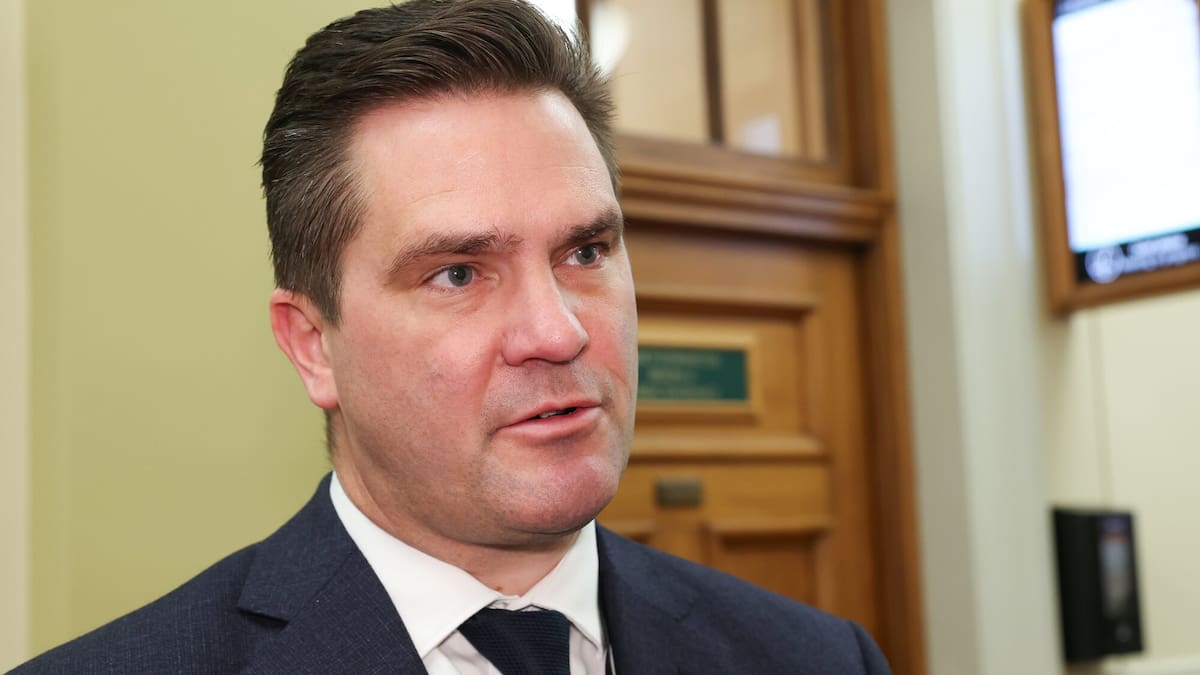“We were never going to completely turn around 10 out of 10. The reality is far more complex than that.”
Chapman said it was always expected that some reoffending would occur, “given these young people were selected for the pilot because they were identified as some of New Zealand’s most serious and persistent offenders”.
“For the majority of those that did offend, the offending was less serious and we saw longer periods of time without reoffending than we saw previously.
AdvertisementAdvertise with NZME.
He said there were many “heartening changes” and successes for those completing the programme, including getting involved in sports. Chapman says one participant has been selected for a regional team.
“They’ve engaged, effectively shunning their peer group from before, the negative influence of that and relying really heavily on sport.”
One young person was trying to get his tattoos removed, which Chapman described as “remarkable for that age”.
“[They are] really turning their back on the life before and looking for really real positives, opportunities around employment, job experience and hospitality and labouring.”
He said a key aim of the programme is to prevent the youth from going into corrections. The pilot was influenced by the military with structure and discipline, like waking up at 7am, tidying their rooms and making their beds.
A programme was pitched as one of the Government’s key interventions to address recidivist youth crime that formed a significant part of the 2023 election campaign.
One of the 10 teenagers in the programme died in an accident, while another went on the run after attending his funeral.
Chapman said the teenager’s death had a “big effect” on the other participants.
“That young man was a friend to the other participants previous to going into the military-style academy. They became very tight during the residential stay, but also to the team, to the staff who worked with that young man they got to know him pretty well, living with him for three months.”
Chapman confirmed one participant had gone on to Corrections.
AdvertisementAdvertise with NZME.
He said Oranga Tamariki and other agencies would continue to work with the remaining eight participants and their families.
Julia Gabel is a Wellington-based political reporter. She joined the Herald in 2020 and has most recently focused on data journalism.
Jamie Ensor is a political reporter in the NZ Herald press gallery team based at Parliament. He was previously a TV reporter and digital producer in the Newshub press gallery office. In 2025, he was a finalist for Political Journalist of the Year at the Voyager Media Awards.

